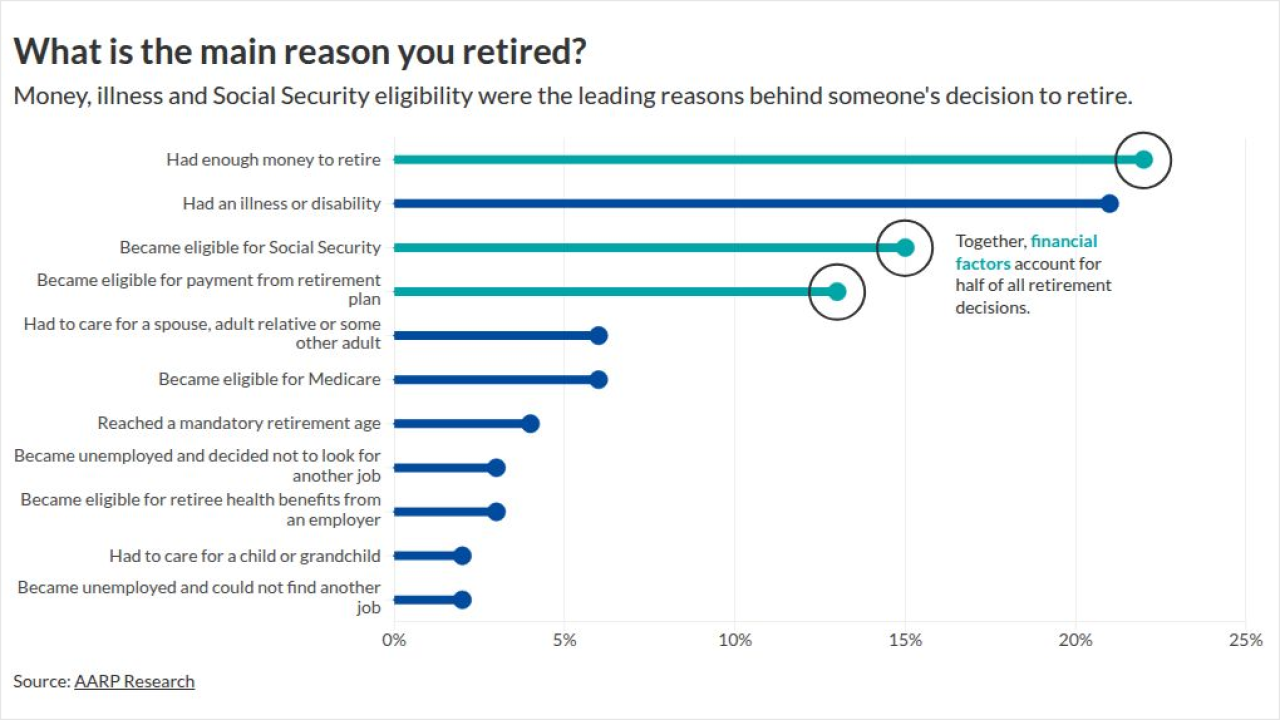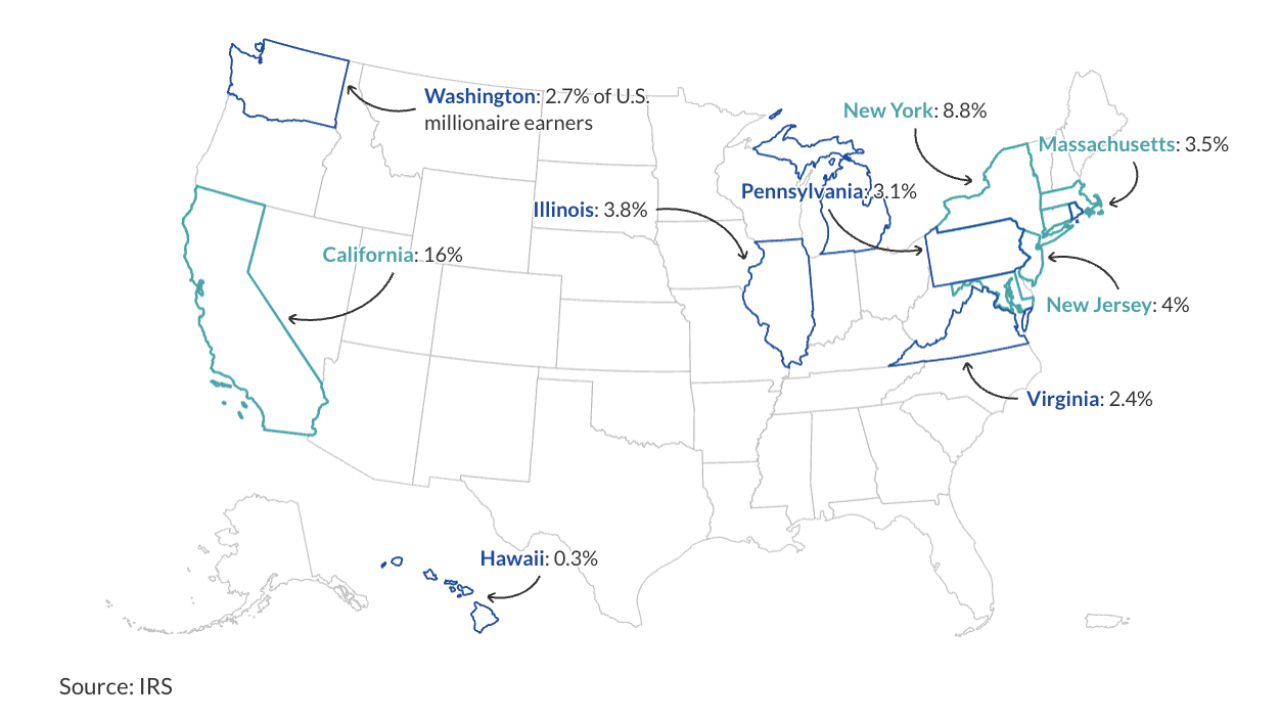ING Solutions Funds Portfolio Manager Paul Zemsky has been bullish about the economy since the second quarter of last year and he expects strong growth to continue.
“We think people are too pessimistic,” he said at a breakfast briefing ING Investment Management hosted Wednesday in New York. “While market sentiment responds to the level of the economy, the asset markets respond to changes in the economy.”
Zemsky said ING Solutions Funds foresees strong earnings from corporations since productivity is expected to be phenomenally strong. The fund is also overweight commodities and high-yield, or junk, bonds.
In the international arena, Tycho van Wijk, the lead portfolio manager of ING’s Global Opportunities Strategy, is seeing a global economic shift that will impact investors.
“The growth oriented ambitions of emerging economies are clashing with the preservation of wealth goals of advanced economies,” he said. “The balance of powers will continue to shift and no new equilibrium is to be expected in the short or even mid-term.”
This will mean that investors need to reinvent, Wijk said, and be ready for higher volatility, which may include higher peaks and deeper troughs. Wijk’s solution is to allocate funds to seven different investment themes: economic growth, digital revolution, shifts in demography, changes in consumer behavior, industrial and technological innovation, environmental change, and social and political change. Instead of thinking in binaries – international versus domestic stocks - Wijk’s team invests in themes that capture the most important changes in the global economy.
Meanwhile, Chris Diaz, co-manager of the ING Global Bond Fund, said that he expects 3% growth in the United States and flat growth in the Eurozone.
There was a lot of concern in the room about sovereign debt risk after Portugal’s credit rating was downgraded to AA-minus by Fitch Ratings on Wednesday. The downgrade coupled with worries over a European Union agreement on helping Greece pushed the euro lower, causing it to tumble 1% against the dollar.
Diaz questioned whether the euro can survive an International Monetary Fund intervention given the large impact smaller countries have on the Eurozone as a whole. Diaz said he is long on the U.S. dollar relative to the pound, the euro and the yen since the dollar has proven itself as the flight to quality even during the downturn.
Zemsky summed up the briefing with this kernel of investment advice: “If you believe in economic growth and a recovery buy high-yield bonds and equities.”





